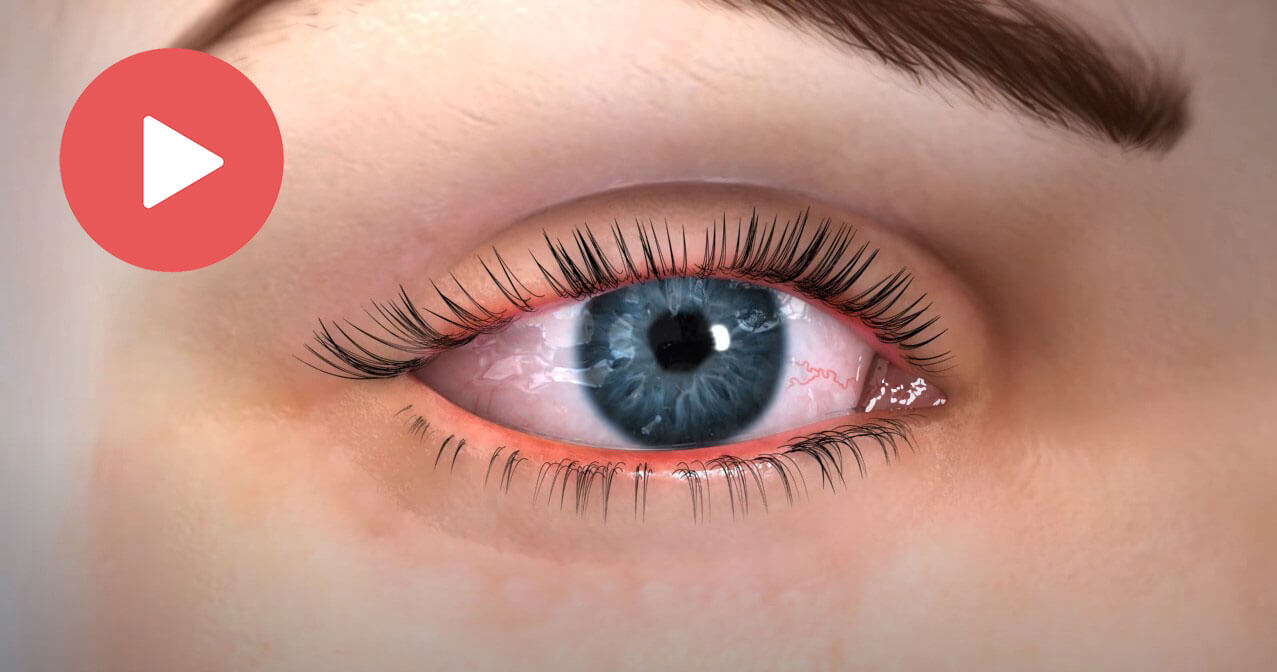All Categories
Featured

While many individuals understand the significance of shielding their skin from the sunlight, the unsafe results of ultraviolet (UV) rays on eye health and wellness usually go neglected. Nonetheless, excessive direct exposure to UV radiation can lead to a variety of eye problems, some of which can lead to irreversible damage. Whether you're absorbing the sun on a summertime day or walking outdoors on a gloomy mid-day, safeguarding your eyes from UV rays is important. Here's what you need to find out about the effects of UV radiation on your eyes and how to secure them.
What Are UV Rays? UV rays are a type of electro-magnetic radiation discharged by the sunlight. They are classified into three kinds:
UVA Rays: These pass through deep into the skin and eyes and can add to long-lasting damages. UVB Rays: These rays are much more extreme than UVA and are largely in charge of surface-level damages to the eyes and skin. UVC Rays: These are one of the most hazardous however are mostly soaked up by the Planet's ozone layer and do not commonly reach us. UVA and UVB rays are the main culprits behind eye-related damage.
Short-Term Results of UV Direct Exposure on the Eyes. Even temporary exposure to extreme UV rays can damage your eyes. One usual problem caused by this is photokeratitis, or "sunburn of the eye." Signs of photokeratitis consist of:
Excruciating, red eyes. Sensitivity to light. Tearing or extreme watering. Short-lived vision loss or blurred vision. Photokeratitis is usually momentary, yet it works as a caution of how damaging UV exposure can be, even in little doses.
Long-Term Results of UV Direct Exposure. Long term exposure to UV radiation can result in more significant and permanent eye problems, such as:
Cataracts: UV rays can speed up the formation of cataracts, a condition that creates clouding of the eye's all-natural lens, resulting in fuzzy vision and, if unattended, blindness.

Macular Deterioration: UV direct exposure can damage the retina, especially the macula, enhancing the threat of age-related macular deterioration (AMD), which affects central vision.
Pterygium: A growth of cells on the white component of the eye that can extend over the cornea, creating discomfort, soreness, and vision problems.
Pinguecula: UV direct exposure can create yellowish deposits to base on the conjunctiva, bring about inflammation and dryness.
Skin Cancer Cells Around the Eyes: The delicate skin bordering your eyes is very susceptible to UV radiation, raising the danger of skin cancers cells like basal cell carcinoma and squamous cell carcinoma.
How to Secure Your Eyes from UV Rays. Shielding your eyes from UV rays is straightforward and requires a few mindful routines:
Buy Top Quality Shades: Pick sunglasses that obstruct 100% of UVA and UVB rays. Look for labels that specify "UV 400" protection. Wrap-around styles are suitable as they block UV rays from the sides as well.
Wear a Wide-Brimmed Hat: A hat with a border at the very least 3 inches vast can significantly reduce UV exposure to your eyes and face.
Limitation Exposure During Top Hours: UV rays are greatest between 10 a.m. and 4 p.m. If you have to be outdoors throughout these hours, see to it you're appropriately protected.
Don't Be Fooled by Clouds: UV rays can penetrate via clouds, so it is necessary to wear sunglasses also on cloudy days.
Secure Your Eyes Year-Round: Snow, sand, and water can reflect UV rays, heightening their effects. Eye defense isn't just for sunny summer season days-- ensure you're covered in all seasons.
Usage UV-Blocking Call Lenses: Numerous call lenses now come with UV defense. If you use contacts, ask your ophthalmologist concerning lenses with built-in UV filters for included protection.
Encourage Eye Protection for Children: Kid's eyes are extra delicate to UV rays due to the fact that their lenses are more clear, allowing more radiation to get to the retina. Make sure they put on sunglasses and hats throughout outdoor tasks.
Regular Eye Exams. Normal exams with an eye treatment expert are vital for early discovery of any type of UV-related damages. An optometrist or eye doctor can assess your eyes, advise protective actions, and find problems like cataracts or macular degeneration early on.
Verdict. By putting on UV-blocking sunglasses, restricting sunlight direct exposure during peak hours, and remaining consistent with eye exams, you can guarantee your eyes remain healthy and your vision continues to be clear for years to come. Safeguarding your eyes from UV radiation isn't simply regarding comfort-- it's an essential step in preserving your long-term eye health and wellness.
Latest Posts
Enhancing Your Home with Washington Fencing
A Comfy Getaway at Yesterday's Tavern
Trusted Eye Center South - Personalized LASIK Evaluation: Begin Your Path to Better Sight.